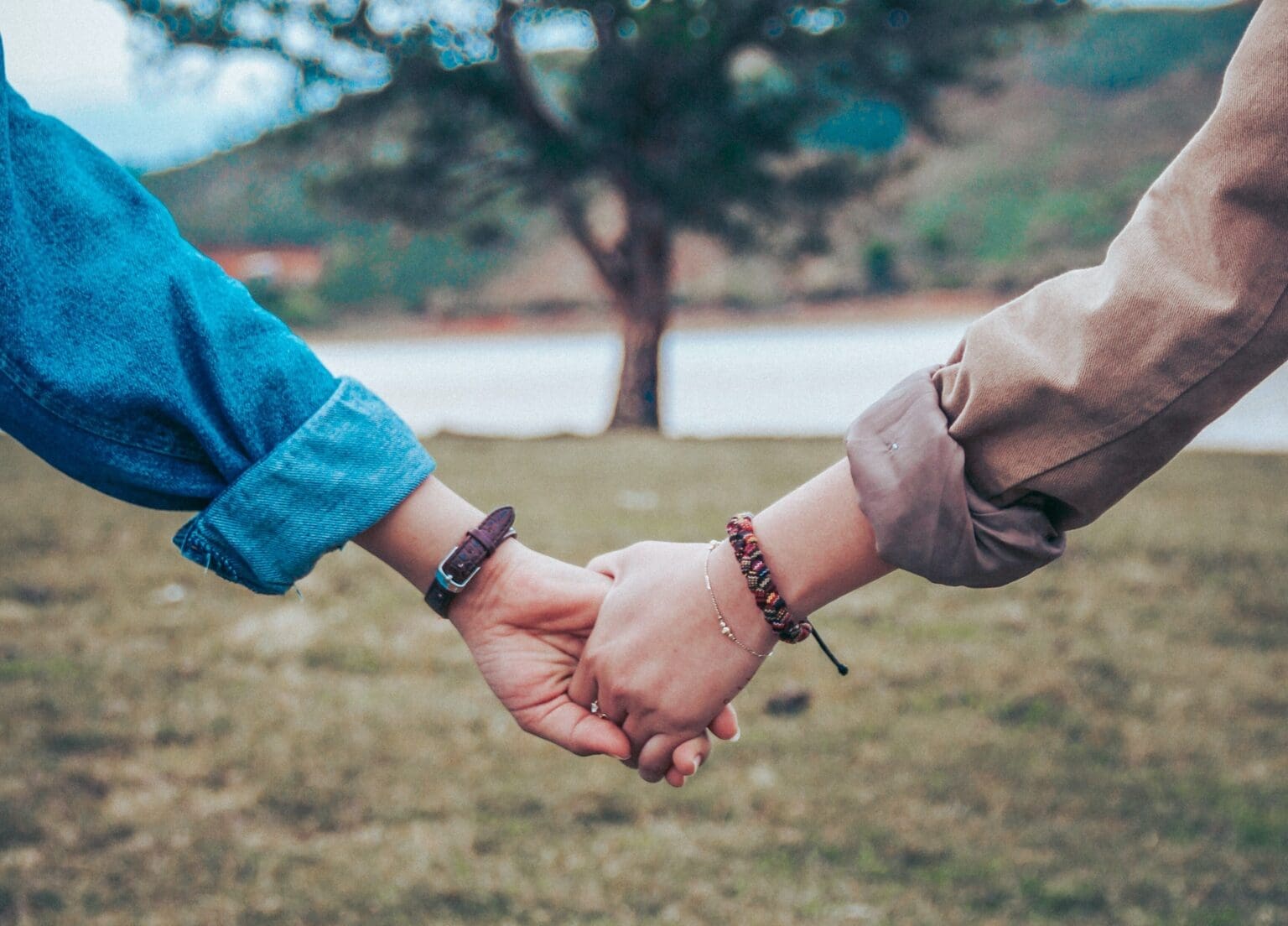When I was a teenager, I found myself in an abusive relationship with a boy at school. He was manipulative and controlling, policing what I wore and how much time I spent with him and other people. He would regularly look through my messages, and on several occasions he took my phone and kept it overnight. He spent most of his time intentionally making me feel jealous, guilty and insecure. Every time we had a disagreement, I would make pleas and promises to patch things up even though I usually hadn’t done anything wrong.
He also love-bombed me, giving me gifts including a huge teddy and jewellery, and walking me home from school every day despite the fact he lived 45 minutes in the other direction. The relationship felt like mental torture – exhausting, confusing and traumatising. Eventually, I was able to leave him. But the damage caused by the relationship and his behaviour had a serious and long-lasting impact.
Back then, domestic abuse wasn’t really talked about – especially not at school. Like most of my peers, I knew very little about consent, abuse and love. I wish we’d been taught what a happy, healthy relationship should look and feel like. I wish I’d understood that you can experience abuse without being physically harmed. I wish an adult had realised what was happening and provided me with support earlier.
While there is more awareness and open discussion of abuse today, we’ve still got a lot of work to do to prevent young women and girls going through what I did. To help you recognise the signs of an abusive relationship, I’ve put together a guide based on my personal experiences.
What is a healthy relationship?
A healthy relationship is one where both people are safe, loved and supported. You should feel like you’re in an equal partnership with someone who treats you with respect and kindness. Having disagreements and periods of tension is normal and doesn’t necessarily mean that the relationship is abusive or needs to end. However, sometimes it can be hard to know whether you’re experiencing abuse – particularly if the abuse is emotional and psychological rather than physical.
Read on to learn about some of the common signs and types of abuse.
Signs that you’re in an abusive relationship:
- You feel scared or unsafe
- You’ve started to change things about yourself, such as your behaviour, appearance and friendships, to avoid conflict and punishments
- You’re being physically harmed or threatened with violence
- Their behaviour regularly makes you upset
- You feel pressured into doing things, such as having sex or spending time together
- Your friends, family or other people in your life have expressed concern about the relationship
Examples of coercive control and physical, emotional and sexual abuse:
- Shaming, humiliating and putting you down, in private or in front of other people
- Controlling what you can and can’t do, such as what you wear, who you hang out with and how you spend your money
- Making you feel guilty and accusing you of things, like cheating or disrespecting them
- Any physical behaviour that causes you harm, including hitting, biting, scratching, pushing and strangling
- Forcing or pressuring you into sexual acts
- Regularly starting fights and being verbally aggressive
- Punishing you, for example giving you the silent treatment
- Constantly criticising you and your loved ones
- Stealing or going through your personal belongings, like your phone or handbag
- Gaslighting you by undermining your feelings, denying things they’ve done and suggesting you have mental health problems
It’s important to be aware that domestic abuse can take place in different ways, such as at home, school or online and from a romantic partner or family member(s). Whatever the relationship, there is no excuse for abuse and it is never your fault.
1 in 4 women across England and Wales will be a victim of domestic abuse in their lifetime and 25% of women experience some form of abuse before the age of 16. You are not alone – and there is help available.
How to get help
If you think you might be in an abusive relationship, you should reach out for support as soon as you feel able to. You could start by confiding in someone you trust, like a friend, family member, teacher, therapist or GP. In terms of professional help, there are different options available. No-one will force you into making any decisions or taking actions that could risk your safety.
You can call the National Domestic Abuse Helpline for free, 24/7, on 0808 2000 247.
More detailed information about domestic abuse and how to get help is available here.
If you feel you’re in immediate danger, call 999 and ask for the police.


